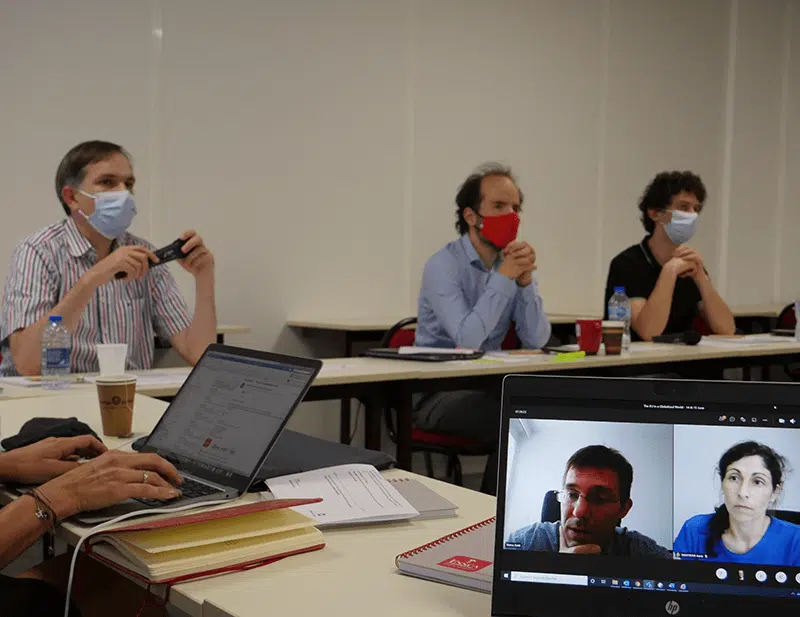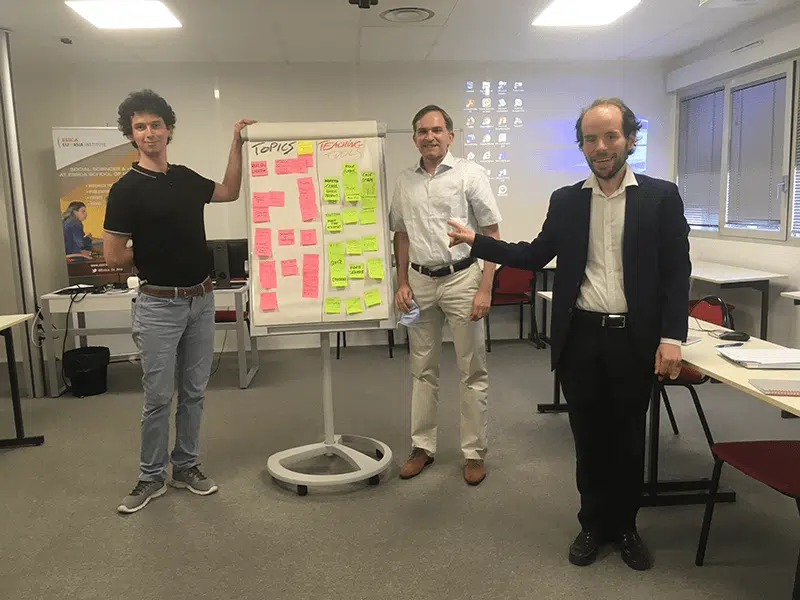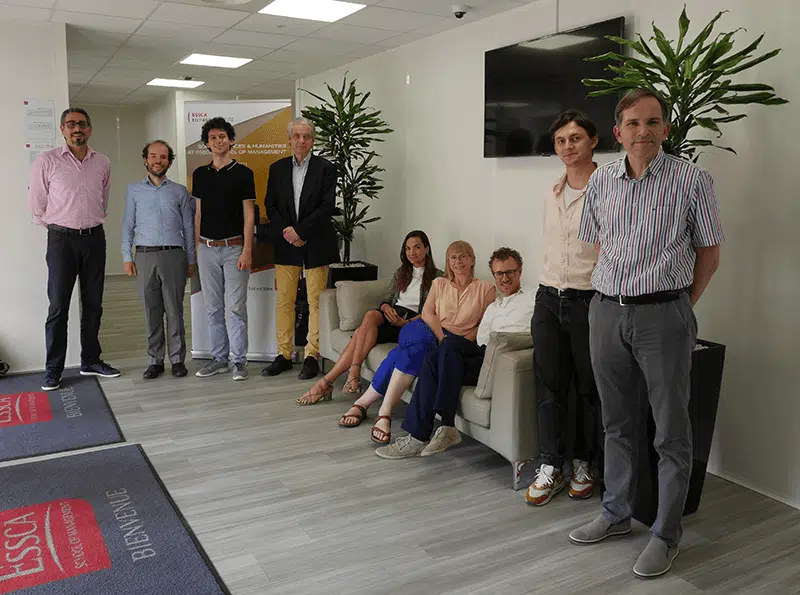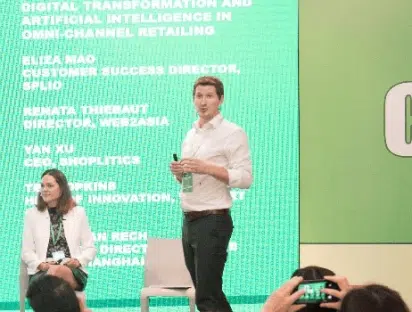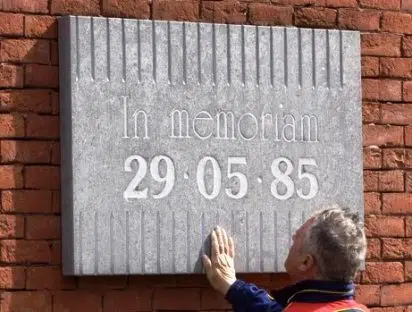14 & 15 June 2021 – ESSCA Campus Aix-en-Provence
“The EU in a globalized world” third workshop, organized once again by the EU*Asia Institute, was held on the 14 and 15 June on the ESSCA Campus in Aix-en-Provence.
This event was held both face-to-face and online and aimed to continue the collaboration between researchers around the theme of the place and role of Europe in the current international context, thus following the two previous workshops of November 2020 and March 2021.
The final objective of these events is the publication of a book by Routledge, based on a long-term collaboration between the participants of the seminars having exchanged the results of their work.
During the event, participants from all over the world were able to exchange and debate on EU issues related to international relations, diplomacy, or on the substance and influence of European Soft and Hard Power (you can find here the workshop programme). The plurality of presenters allowed for a wide variety of approaches to these issues, which is an advantage that will be useful in the book development process.
The workshop on 14 and 15 June was, like all the “The EU in a globalized world” workshops, led by Institute members Alexandre Bohas, Thomas Hoerber and Stefano Valdemarin. Indeed, they are the ones who initiated and are supervising the book project.
Therefore, we conducted a short interview with them, focusing on the role of the workshops in the process of publishing a book:
Hello to you three and congratulations on the workshop and the progress of the project!
How did you first come up with the idea of a book on The EU in a Globalized World? Was there any debate on the topic, or rather a quick consensus? And how did you choose to go through such workshops to advance in the process?
The idea of this book comes from the eponymous course we all teach at ESSCA School of Management which deals with the EU role in International Relations as an introduction to geopolitics of first-year students.
(As always) the origin of this book also comes from good talks from colleagues coming from different fields. Thomas is a renowned specialist in European studies while Stefano and Alexandre are specialized in International studies and business. At one point, we came to the conclusion that there were only a few books on the role of the EU in International relations which were designed more for graduate students and senior researchers than for undergraduate students.
The format of the book (research book, textbook) may have changed during the collaboration with Routledge. How do you manage this with regard to the many researchers collaborating on the project?
The exchange between researchers is vital for their work. The workshops have been the framework in which this exchange happens. The role of the editors is the bridge between the authors and the publishing house, Routledge. In the discussion with Routledge, the complexity of the envisaged book project became clear. We therefore directed the research of our participants into the direction of a research book with a teaching spirit. The advantage is that it can be interesting for other researchers who may read the book, but at the same time, it can be used by students to acquire an understanding of the EU in a globalized world. Coordinating these objectives, the contributors and the users is the task we set for ourselves in the workshops.
What are the main conclusions you have drawn from this last workshop? Did the event and the exchange between researchers change any plans or aspects of the book?
The workshop was conceived to better shape our project around the role of the EU in a globalized world and to follow the progress of the authors. We are really satisfied with the work that has been done yet and we think that there is the potential to develop several projects. Also, we organized, together with the exchange with the authors following each presentation, a brainstorming session that aimed to improve the quality of our project. Finally, we can see that there is a true potential for developing both academic and teaching content. The next steps: in November we will receive the first draft for the articles and we will have a double reviewing process ongoing!
Thank you very much to the three of you for all this information. We look forward to following the progress of this project as it takes shape!
We would also like to thank the team at the ESSCA Aix-en-Provence Campus who were wonderful hosts.

